Keywords: Transparency
There are more than 200 results, only the first 200 are displayed here.
-
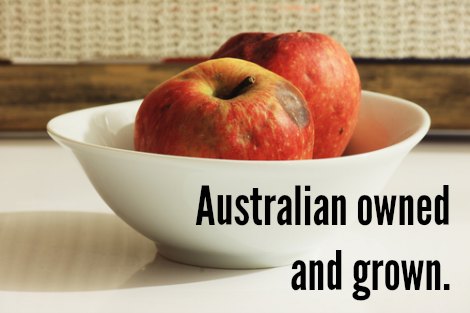
AUSTRALIA
- John Warhurst
- 30 June 2014
16 Comments
We should open our eyes and take in what multiple government inquiries, among them the Royal Commission into Institutional Responses to Child Sexual Abuse, are telling us about Australian society. It is not enough to focus on just one; we should consider the revelations cumulatively. It is little exaggeration to say that almost no major institution in our society, public or private, has been left untouched. We should join the dots and cry.
READ MORE 
-
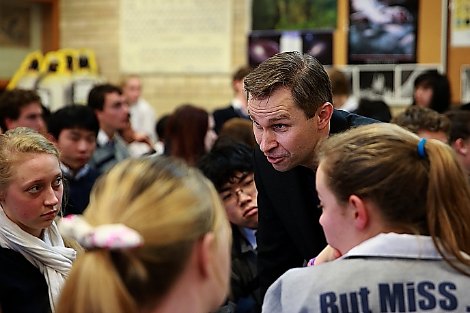
EDUCATION
- Catherine Marshall
- 27 June 2014
13 Comments
Amidst a whirl of media interviews and meetings, David Sinclair, professor of genetics at Harvard University and one of Time magazine's 100 most influential people in the world for 2014, paid a visit to his alma mater: a state school in suburban Sydney. State schools aren't the repositories of children too impoverished or unintelligent for the alternative; they're the living manifestation of democracy, egalitarianism, multiculturalism and ecumenism.
READ MORE 
-
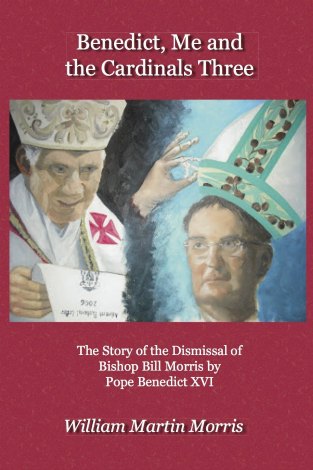
RELIGION
- Frank Brennan
- 24 June 2014
53 Comments
'My one new insight from reading Bill's book is that he was sacked because he was too much a team player with his local church ... the Romans hoped to shatter the morale and direction of those who had planned the pastoral strategies of a country diocese stretched to the limits as a Eucharistic community soon to be deprived of priests in the Roman mould.' Frank Brennan launches Benedict, Me and the Cardinals Three by Bishop William Morris.
READ MORE
-

AUSTRALIA
- Paul O'Callaghan
- 20 June 2014
3 Comments
Pope Francis and Julie Bishop both spoke this week, with passion and within days of each other, about how to address poverty in the world's poorest countries. Bishop launched a framework of new performance benchmarks, and her desire to improve accountability and transparency in Australia's aid program is to be commended. Hopefully the framework holds the voices of the poor and marginalised at its centre.
READ MORE 
-
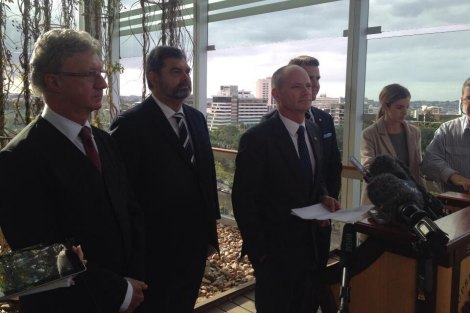
AUSTRALIA
- Frank Brennan
- 18 June 2014
11 Comments
All is not well in the Sunshine State, where Premier Newman is running a strong 'law and order' line. Judges are used to politicians running 'law and order' lines, but enjoy independence from the executive government once appointed. The risky part is the sequence of events associated with the appointment. The naming of Tim Carmody as the state's chief justice has made a mockery of the transparency and openness of this process.
READ MORE 
-

RELIGION
- Frank Brennan
- 02 June 2014
11 Comments
In Unheard Story, Fr Padraig McCarthy rightly highlights shortcomings in legal-political-media processes like the Dublin Archdiocese Commission of Investigation. The future wellbeing of children demands that the spotlight be shone on all equally. But there is no getting away from the fact that in Ireland and Australia, the reported instances of child sexual abuse has been greater in the Catholic Church than in other churches.
READ MORE 
-

RELIGION
- Frank Brennan
- 27 May 2014
3 Comments
'Some of us would question Benedict's assertion that the Church "must not take upon herself the political battle to bring about the most just society possible. She cannot ... replace the State." But we would all agree that the Church "cannot and must not remain on the sidelines".' Frank Brennan's presentation at the Jesuit Social Services Symposium on 'The role of faith based community organisations in contributing to a civil society'.
READ MORE
-
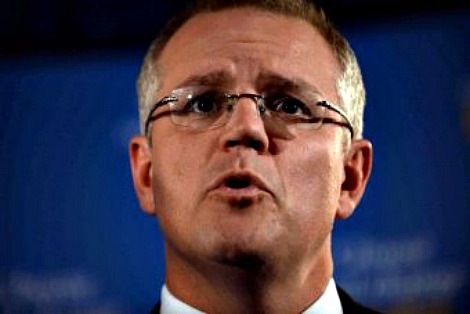
AUSTRALIA
The Government's vilification of people arriving by boat has reached the level where the term 'illegal' features in the Budget documents. Immigration Minister Morrison has insisted on referring to people arriving by boat as 'illegals' for some years, despite the Migration Act using the less pejorative term 'unlawful non-citizen'. This is not just a lawyer's linguistic debate; if it were not important, the Government would not insist on the term.
READ MORE 
-
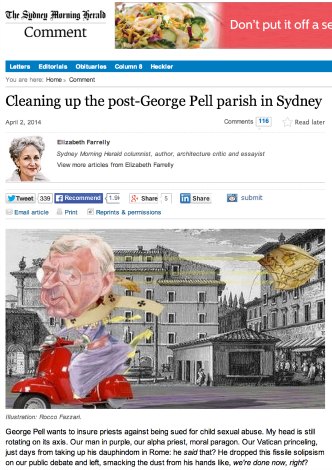
RELIGION
- Frank Brennan
- 22 April 2014
30 Comments
I write to defend Cardinal Pell in the wake of Elizabeth Farrelly's claim in the Fairfax press that Pell, when appearing before Justice McClellan at the Royal Commission, proposed a 'priestly child abuse insurance scheme'. Pell is not one of my fans, and neither am I one of his. But I think Farrelly has unfairly kicked him when he is down, and muddied the waters about what is a critical issue for the victims of child sexual abuse.
READ MORE 
-

RELIGION
- Neil Ormerod
- 03 April 2014
21 Comments
Damage was done to the reputations of Pell's secretary Dr Michael Casey, and to the solicitors from the his chosen legal team Coors, who would have heard clearly the warning of Justice McClellan that saying they were following their client's instructions would be no defence. There is the damage done to the Australian Church as a whole, and, of course, the damge to Pell himself. This is not how he wanted his reign in Sydney to end.
READ MORE 
-
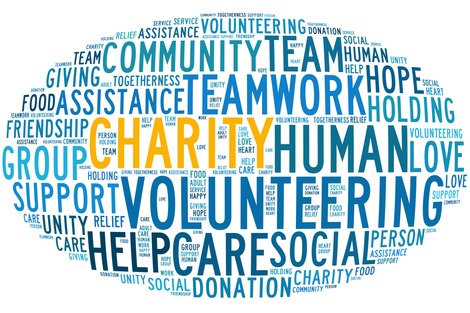
AUSTRALIA
- Michael Mullins
- 31 March 2014
5 Comments
The Federal Government is moving to abolish the body set up to protect and regulate the non-profit sector. Vinnies CEO John Falzon describes the action as 'ideological', while Melbourne Catholic education chief Stephen Elder sees it as an opportunity to spend more time raising money and delivering services. The Government must explain the policy imperatives driving it to dismantle such an extensively considered piece of legislation.
READ MORE 
-
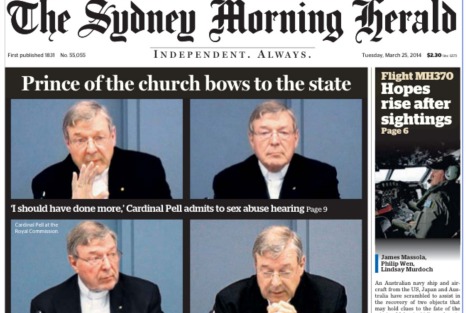
AUSTRALIA
- Frank Brennan
- 28 March 2014
82 Comments
As an institution, the Catholic Church has been dragged kicking and screaming. Cardinal Pell has been put through the wringer, though admittedly nowhere near to the same extent as was John Ellis when the Church decided to unleash the legal attack dogs on him in litigation which was euphemistically described as vigorous and strenuous.
READ MORE 